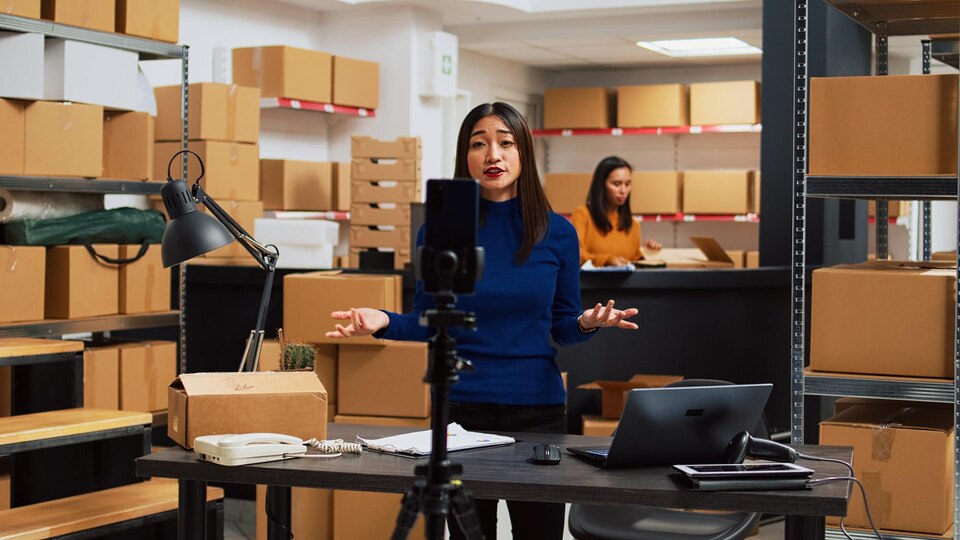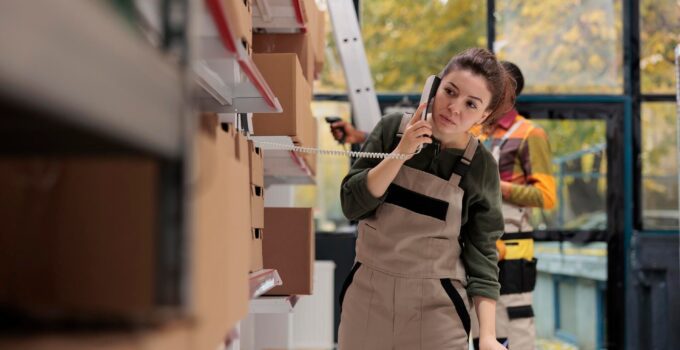Markets and industries are changing every day. The wholesale industry, in particular, is undergoing a profound transformation. All of it is driven by the circular economy. This is a model that prioritizes sustainability, resource efficiency, and waste reduction.
Eco-friendly practices and demands are far from being “bad”. However, they pose difficulties and create opportunities in certain areas equally.
As everyone involved in wholesale demands eco-friendly solutions, there is no running away. Instead, it shows how the circular economy is reshaping wholesale.
Coastal Surplus Solutions knows well how this circular principle is establishing in the industry and we are proud to be part of this shift.
We understand how eco-friendly solutions, sustainable sourcing, and less inventory are needed. Hence, we have implemented them into our practices and services.
But how is the circular economy influencing wholesale on an entire level? What about surplus goods? Or costs and terms? It is a whole list to look at.
What Is the Circular Economy and Why Does It Matter?
This circular economy moves away from your traditional “take-make-dispose” linear model. Instead of focusing on making more and disposing of what doesn’t work or is not “wanted” anymore, the circular line follows three different steps:
- Eliminate waste and pollution.
- Keep products and materials in use for as long as possible.
- Regenerate natural systems.
The idea is to give products a second chance. Then, avoid overproduction and overconsumption in certain parts of wholesaling.
For wholesale as a whole, this means n. The idea is to extend product lifecycles and reduce environmental impact. All of this while maintaining cost efficiency.

What Trends Are Reshaping Wholesale Through Circular Economy?
But what is that from the circular economy that reshapes it all?
While environmental practices and more second chances are the core of several benefits, they aren’t everything.
You can focus on or look at these core principles to understand how wholesale is reshaped:
- Surplus inventory is diversified
Whether it is a business—small or large—or an individual, they don’t one a single product or new ones only anymore.
People seek a wide variety of surplus goods. This can range from trending pieces like office furniture to packaging materials or appliances.
The idea is that the supply inventory remains diversified not only in type but also in quality. This aligns with the circular economy as goods are repurposed while reducing waste streams.
- Technology-driven resource recovery
According to Frost & Sullivan, technologies like AI-powered sorting and platform-based tracking are playing a crucial role. They enhance material recovery and recycling efficiency.
But how does this translate into the circular economy?
More efficient ways to track materials and source higher-quality surplus goods help with the planet’s recovery. It is connected to recycling efficiency and how this enables wholesalers to source efficiently. This is possible while keeping second-chance products in mind.
- Regulatory push for circularity
As reported by the Circle Economy, governments worldwide, including in the U.S., enacted new regulations to promote environmental practices.
As a result, businesses in wholesale must adapt to these evolving rules. This is key to remaining compliant and competitive.
- Consumer and business demand for sustainable products
It wouldn’t be possible without consumers.
The fact that consumers are shifting their preferences makes it possible.
No more popular luxury brands. Instead, people want brands and suppliers that are environmentally responsible.
This is how wholesalers can also adapt to sustainable practices. You get the chance to source surplus products and gain competitive edge by meeting this growing demand.

How Coastal Surplus Solutions Embraces the Circular Economy in Wholesale
We are committed to integrating circular economy principles into our services.
When clients and businesses rely on us, they can expect all of the benefits below:
- A sole sourcing partner that sources surplus and refurbished goods locally and regionally. This helps reduce transportation emissions and brings support to local communities.
- Our practices follow ethical practices with the environment while aligning them with your needs.
- We leverage technology to optimize inventory management and reverse logistics.
- Our team helps clients directly reduce waste. This is done by extending lifecycles to all products and goods we source.
Our approach not only benefits the environment but also you. Achieving cost reductions and saving time were never this easy. All while balancing it with how to maintain the planet green.
Stay Ahead with the Future of Wholesale
With innovations in AI and digital platforms, the efficiency behind wholesale keeps growing.
Efficiency and sustainability are already holding hands, and it is time to be part of those who follow and accept it.
Contact us today to meet regulatory demands. Additionally, we help you satisfy eco-conscious customers with sustainable surplus sourcing. Get started on capitalizing the new market opportunities.




